8 times in history when a war on Christmas actually happened
A group of radical Christians outlawed Christmas — and sparked riots — in 17th century England

Many early American colonists hated Christmas, too
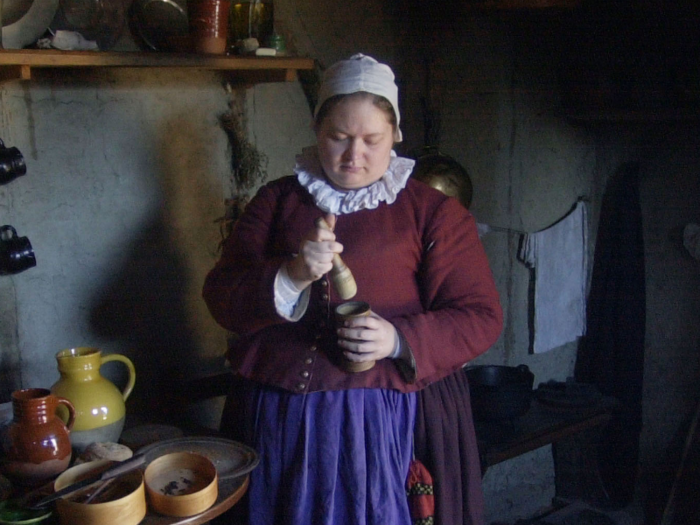
The puritanical anti-Christmas vibe wasn't contained to England. It seeped over to the American colonies, too — especially New England. The pilgrims of Thanksgiving fame shunned the holiday in 1620 and did not observe it. Nor did the Puritans who arrived in later years. In fact, much to the dismay of the non-Puritans living in New England, observance of the holiday was banned in Boston until 1659.
Even the early days of the United States, the holiday wasn't a terribly big deal. In urban areas, Christmas was oftentimes marred by violence — often against African Americans and Catholic immigrants — and vice.
The Christmas spirit as we know it today only began to take hold in the mid-1800s. In 1870, President U.S. Grant declared Christmas Day a national holiday, TIME reported.
French revolutionaries rebranded Christmas cakes and renamed the holiday 'Dog Day'
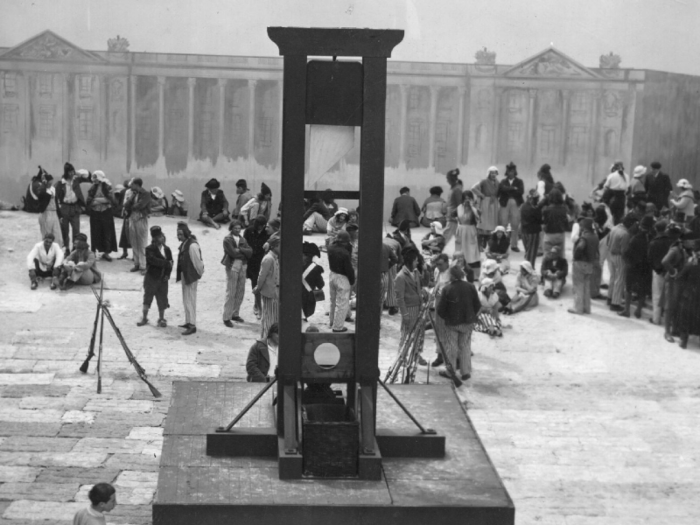
The decadent aristocrats weren't the only ones in the French revolution's crosshairs. The increasingly anti-clerical movement also ultimately went after two unusual enemies of the revolution — Christmas and cake.
According to "Christmas in the Crosshairs," Christmas was renamed "dog day" to mock the holiday, as the government shut down Catholic churches, drowned priests, and established a national, atheistic substitute: the Cult of Reason.
The revolution even went after bakers who dubbed holiday cakes "galette des rois" — or king cakes — after the three magi. Those were rebranded "liberty cakes" or "equality cakes," while mothers who bore sons were permitted to celebrate "the Festival of Birth" around Christmastime.
Nazis rewrote Christmas carols to reflect their fascist ideology
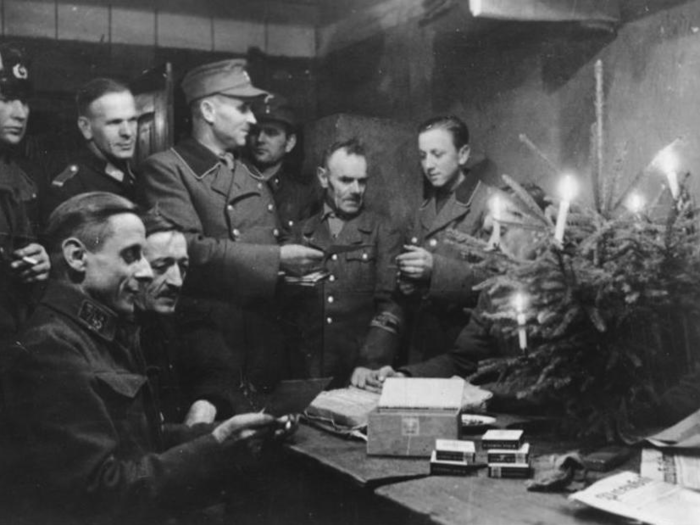
Jesus' status as a Jewish preacher proved problematic in Nazi Germany. But instead of doing away with the holiday altogether, the fascist regime twisted the celebration.
The Nazis focused on any alleged neo-pagan — and, in their minds, Germanic — origins of some of the holiday's traditions.
They even rewrote Christmas carols to reflect their ideology. Writing in The Conversation, George State University professor Joe Perry broke down one such song, "Exalted Night of the Clear Stars": "Verses of stars, light and an eternal mother suggest a world redeemed through faith in National Socialism — not Jesus."
The Soviet Union shoved the festivities back to the New Year
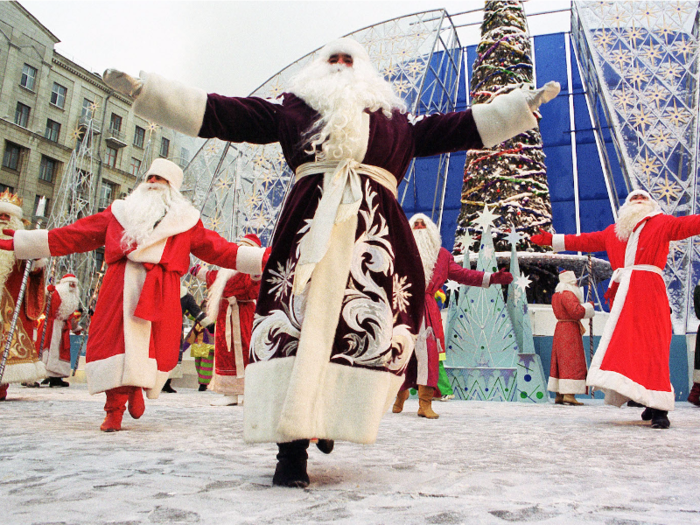
To this day, New Year's Eve is a bigger deal than Christmas in Russia. That's when the Russian version of Santa — Ded Moroz, or Father Frost — gives presents to all the good kids.
After the October Revolution, public religious displays, including Christmas celebrations, were largely eliminated. The practice of discouraging, persecuting, and completely banning religious practice also spread to Soviet satellite states, like Albania, Romania, and East Germany.
But replacing the festivities was easier said than done. Foreign Policy reports Soviet efforts to introduce a brand new holiday failed.
Under Josef Stalin, in 1935, the tree and Ded Moroz became attached to the New Year.
"It became a civic, celebratory holiday, one that was ritually emphasized by the ticking of the clock, champagne, the hymn of the Soviet Union, the exchange of gifts, and big parties," writes Emily Tamkin in Foreign Policy.
Fidel Castro cancelled Christmas to get people to focus on a sugar harvest
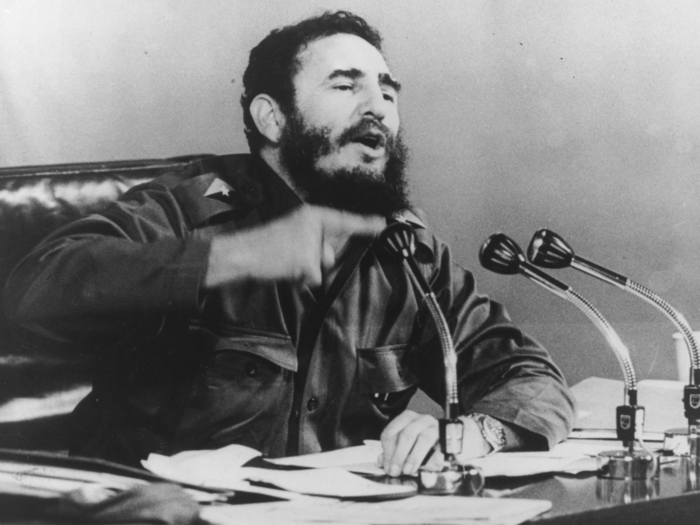
Fidel Castro was never a fan of Christmas.
In 1959, Santa Claus was labeled a symbol of American imperialism in Cuba, TIME reported.
Then, in 1969, Castro took it a step further, when he banned Christmas. The reason? He wanted to keep people from getting distracted from the ongoing sugar harvest, according to The Independent.
Brunei won't let people celebrate the holiday 'excessively and openly'
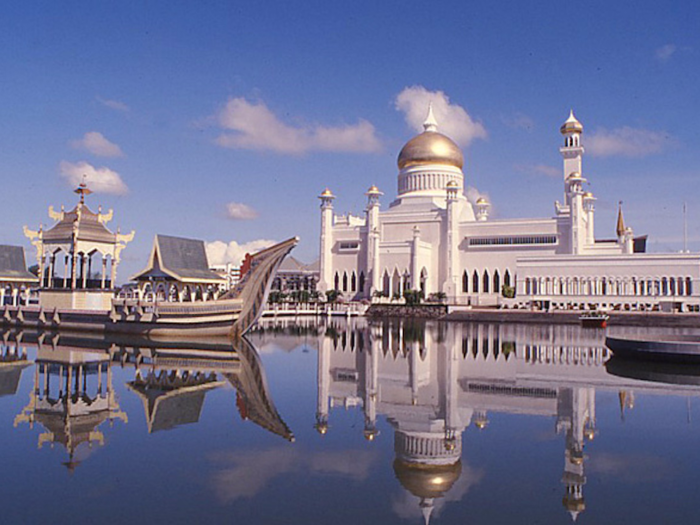
Christians in Brunei are free to celebrate Christmas — as long as they keep in quiet and alert the authorities first, The Telegraph reported.
The country's ministry of religious affairs argued people "celebrating Christmas excessively and openly" could "damage" the beliefs of the country's Muslim majority. That means Santa hats, religious songs, and Christmas decorations are off the the table in Brunei, which is ruled by a wealthy sultanate. The government adopted the ban — and a harsh penal code, according to The Independent — in 2014.
Saudi Arabia still arrests people for 'plotting' to throw Christmas parties
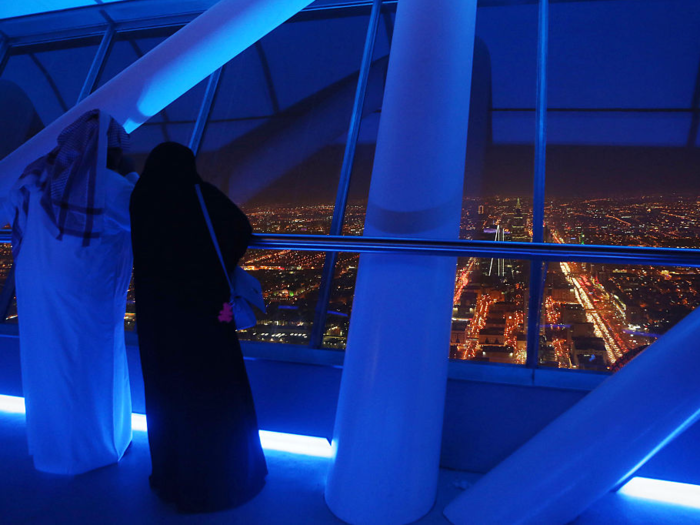
In Saudi Arabia, planning a Christmas party is a risky undertaking.
Lebanese tabloid Al Ahkbar reported the country's religious police arrested 41 people who were "plotting to celebrate Christmas" in 2012. Saudi Arabia doesn't recognize any religion other than Islam, despite the fact that about 1.2 million Christians likely live in the country.
The Jerusalem Post reported that, in most cases, the government looks the other way when it comes to most private Christmas celebrations.
Popular Right Now
Popular Keywords
Advertisement